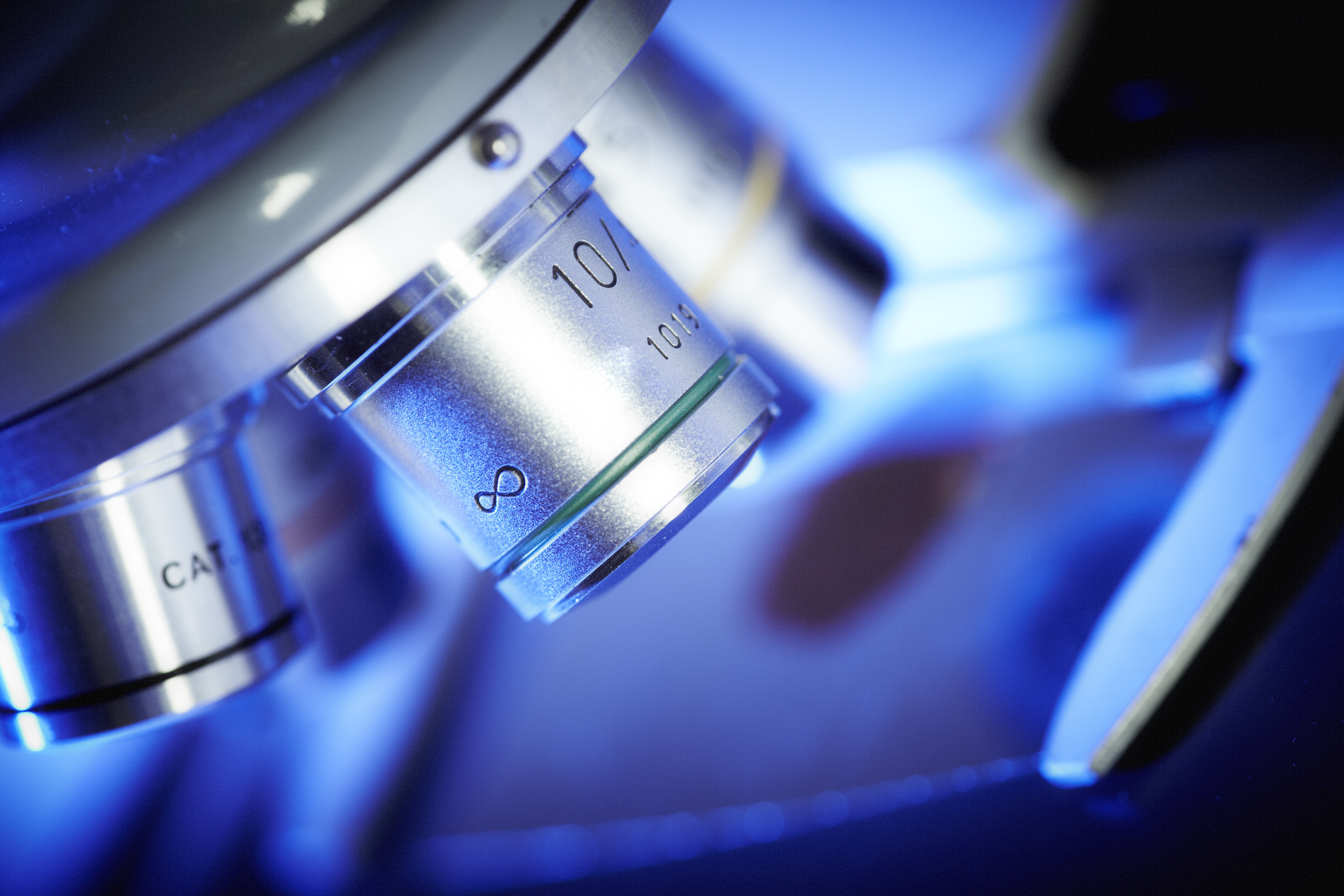
(Vienna, 12 December 2019) Targeted, highly effective cancer treatments often produce debilitating side effects. This is the case with one commonly used therapy which works by blocking the epidermal growth factor receptor (EGFR), a protein that stimulates cell proliferation. If the EGFR is inhibited, patients often experience severe skin inflammation leading them to discontinue the treatment. In a study conducted in collaboration with the Microbiome Facility (JMF) of the University of Vienna and MedUni Vienna, researchers from the Institute of Cancer Research and the Comprehensive Cancer Center (CCC) of MedUni Vienna and Vienna General Hospital have now identified the mechanisms that lead to this skin disorder. They have also developed a strategy that could be used to prevent these side effects. The results of the study have now been published in leading journal Science Translational Medicine.
Cell functions such as division are, for example, controlled by signalling pathways, which are triggered by the activation of so-called receptors.. Found on cell surfaces or inside cells, these proteins receive signals and transmit them to the cell interior or the cell nucleus, thus serving as an on-off switch for various cell functions. In many tumours, there is often an excess of epidermal growth factor receptors (EGFRs), which leads to rapid and uncontrolled tumour cell division. Blocking the EGFR inhibits this process and has therefore now become the standard treatment for many types of cancer.
However, this highly effective approach has severe side effects: an inflammatory skin condition, which starts like acne and leads to severe, purulent inflammation on the face, chest and arms. As a consequence, many patients are forced to reduce the dosage of their medication, interrupt the treatment temporarily or stop it altogether.
Hair eruption as a key factor
Researchers at MedUni Vienna (members of the research team headed by Maria Sibilia of the Institute of Cancer Research and the CCC) have now identified the causes of this undesirable side effect and also discovered how to prevent it.
They found that the skin reaction occurs because blocking the EGFRs causes the skin barrier in the area around the hair follicle to collapse as soon as a hair erupts. Maria Sibilia, Principal Investigator of the study, explains that hair eruption results in minuscule wounds that cannot be closed quickly enough in the absence of a signal from the EGFR. This allows bacteria of the so-called skin microbiome, which normally live on the skin and protect it, to penetrate into the hair follicles and activate the local immune response. Initially, this resembles an allergic reaction, which later on turn into severe skin inflammations triggered by pathogenic bacteria such as Staphylococcus aureus (S. Aureus).
Thomas Bauer, one of the two lead authors of the study, from the Institute of Cancer Research and CCC, explains: “Our work helped to identify the reason for the collapse of the skin barrier. Blocking the EGFR also deactivates the so-called ERK pathway, which is responsible for keeping the skin barrier intact following hair eruption.”
Activating the skin’s protective barrier
On the basis of this discovery, the researchers attempted to activate this signaling pathway in a preclinical mouse model, regardless of EGFR blockade. To do this they used a special protein – the keratinocyte growth factor (KGF), which is already used under the name palifermin as a medication to treat therapy-related inflammations of the mucosa in leukaemia. The KGF activates the ERK pathway via a different receptor. As a result, the skin remained intact, and skin reactions were prevented or significantly reduced. Since palifermin already has approval, the researchers hope that it will soon be possible to administer the drug to treat patients undergoing anti-EGFR therapy who are suffering from the side effect that produces the severe skin condition.
Critical for combination therapy
This is particularly important with regard to combinations of targeted therapies with immunotherapy, which are seen as key treatment strategies for the future.
Jörg Klufa is also a member of the Institute of Cancer Research and CCC and the second of the two lead authors of the study: “Immunotherapy activates the immune system, which besides fighting the tumour can also cause inflammatory side effects. This makes protecting the skin barrier doubly important in cases of combination therapy.”
The results of the study have been published in the leading journal Science Translational Medicine.
Further study planned
The next step will be a research partnership between MedUni Vienna and Düsseldorf University Hospital, which will take the outcomes of the study a step further and translate them to the clinic. The research will be carried out in Vienna, while clinical testing will take place in Düsseldorf. The project will be financed through a DACH joint research proposal from the Austrian Science Fund (FWF) and the German Research Foundation (DFG).
Service: Science Translational Medicine
“Hair Eruption Initiates and Commensal Skin Microbiota Aggravate Adverse Events of anti-EGFR Therapy”
J. Klufa, Th. Bauer, B. Hanson, C. Herbold, Ph. Starkl, B. Lichtenberger, D. Srutkova, D. Schulz, I. Vujic, Th. Mohr, K. Rappersberger, B. Bodenmiller, H. Kozakova, S. Knapp, A. Loy, M. Sibilia
DOI: 10.1126/scitranslmed.aax2693